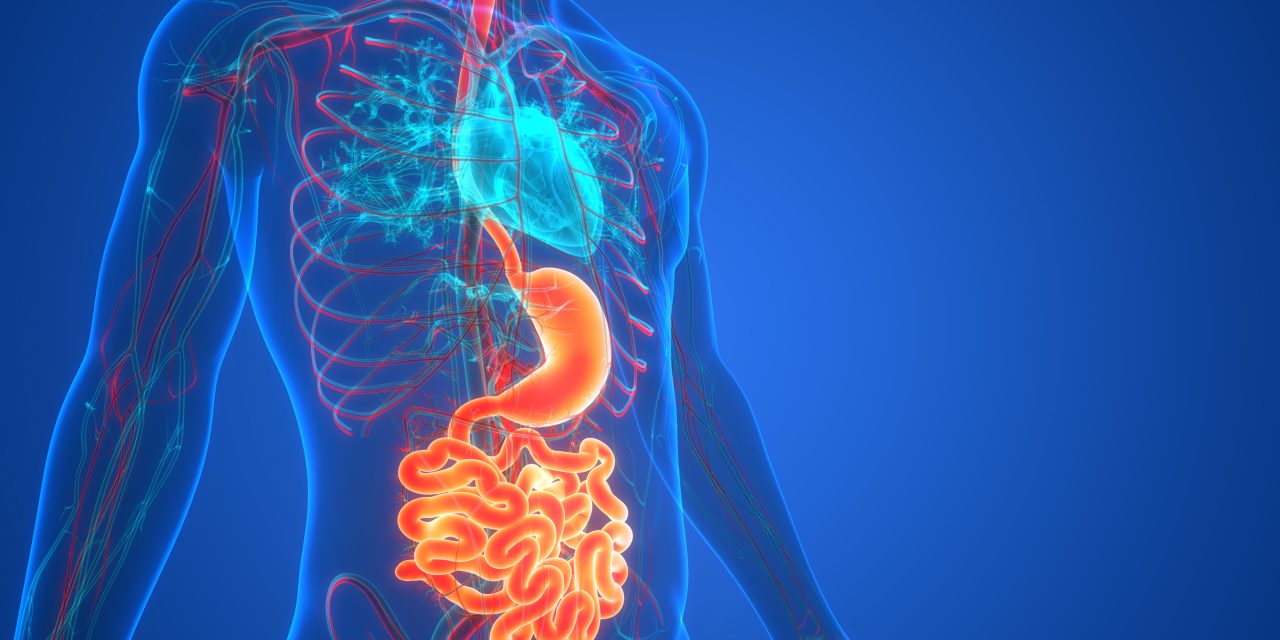Irritable bowel syndrome (IBS) has a high comorbidity with mental disorders. The present paper aims to visualise the interplay between IBS and affect (anxiety and mood) in daily life. Furthermore, this interplay may be different depending on risk factors such as childhood trauma.
Using momentary assessment (Experience Sampling Method), data of 24 individuals diagnosed with both IBS and panic disorder were analysed (15 non-trauma and 9 low-trauma-score patients). Networks were constructed, based on multilevel time-lagged linear regression analysis. Regression coefficients present network connections including three negative affect items (down, irritated, rushed), three positive affect items (happy, enthusiastic, cheerful), three abdominal complaints (abdominal pain, bloating, nausea) and one social item (feeling lonely). Those networks were stratified by levels of childhood trauma based on the Childhood Trauma Questionnaire.
Connections within the group of mood items and within the group of abdominal complaints were more frequent than between abdominal complaints and mood items. When data were stratified by childhood trauma, networks were different. In addition, node strengths were stronger in low-trauma than in non-trauma, although only one was significantly different (enthusiastic). Overall, there were mainly non-significant connections and a clear pattern was not visible.
A time-lagged network provides additional insight in connections between abdominal complaints and affective complaints, in patients with IBS and panic disorder, with different levels of childhood trauma. More research is needed to gain a better understanding of symptom formation and the impact of variation in context on individual symptom experiences in IBS with affective comorbidity. Baseline data of a clinical trial: NCT01551225 (http://www.clinicaltrials.gov).
Copyright © 2020 The Author(s). Published by Elsevier Inc. All rights reserved.
Network approach of mood and functional gastrointestinal symptom dynamics in relation to childhood trauma in patients with irritable bowel syndrome and comorbid panic disorder.


